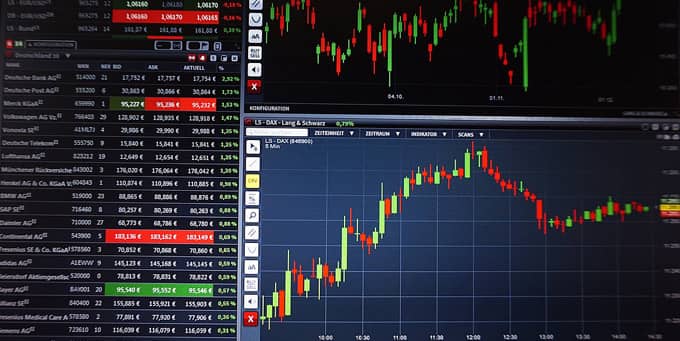
Contracts for Difference (CFDs) have revolutionized the trading landscape, offering traders the ability to speculate on the price movements of various financial instruments without owning the underlying assets. While the potential for high returns is undeniably attractive, CFD trading also raises several ethical concerns that traders must navigate. Balancing profit with principles is crucial for maintaining integrity and trust in the financial markets. This article delves into the ethical considerations in CFD trading and how traders can align their practices with ethical standards.
Understanding CFD Trading
Before diving into the ethical aspects, it’s essential to understand what CFD trading entails. CFDs are derivative instruments that allow traders to speculate on the price movements of assets such as stocks, commodities, indices, and currencies. Unlike traditional trading, CFD traders do not own the underlying asset; instead, they enter into a contract with a broker to exchange the difference in the asset’s price from the time the contract is opened to when it is closed.
The Ethical Landscape of CFD Trading
Transparency and Fairness
One of the primary ethical concerns in CFD trading is transparency. Brokers must provide clear and accurate information about the terms of the contracts, including fees, risks, and the mechanics of how profits and losses are calculated. Misleading or incomplete information can lead to traders making uninformed decisions, which is unethical and can result in significant financial losses.
Actionable Tip: Traders should choose brokers who are transparent about their terms and conditions. Regulatory bodies such as the Financial Conduct Authority (FCA) in the UK and the Australian Securities and Investments Commission (ASIC) provide oversight to ensure brokers adhere to ethical standards.
Risk Management
CFD trading is inherently risky, and traders can lose more than their initial investment due to leverage. Ethical trading practices involve implementing robust risk management strategies to protect clients. This includes setting stop-loss orders, limiting leverage, and providing adequate risk disclosures.
Actionable Tip: Traders should educate themselves about risk management techniques and ensure their brokers offer tools to manage and mitigate risks effectively.
Market Manipulation
Market manipulation is a significant ethical issue in financial markets, including CFD trading. Practices such as spoofing (placing large orders to create false market sentiment) and front-running (trading on confidential information before executing client orders) undermine market integrity and trust.
Actionable Tip: Traders should avoid engaging in or supporting any form of market manipulation. Regulatory frameworks are in place to detect and penalize such activities, so adhering to ethical trading practices is both a moral and legal obligation.
Conflicts of Interest
CFD brokers often have a conflict of interest as they act as market makers, meaning they may take the opposite side of a client’s trade. This setup can create situations where the broker’s interests are not aligned with those of the trader.
Actionable Tip: Traders should seek out brokers who operate with transparency regarding their market-making activities and who have measures in place to mitigate conflicts of interest.
Social Responsibility
Ethical trading extends beyond individual transactions to encompass broader social responsibility. Traders and brokers should consider the impact of their activities on the financial system and the economy. Promoting financial literacy, supporting sustainable investments, and avoiding trades that contribute to market instability are ways to align trading practices with social responsibility.
Actionable Tip: Traders can contribute positively to the financial ecosystem by participating in educational programs and advocating for responsible trading practices within their communities.
Balancing Profit and Principles
Balancing profit and ethical principles is not always straightforward, but it is essential for long-term success and sustainability in CFD trading. Here are some steps traders can take to maintain this balance:
Stay Informed: Continuously educate yourself about the ethical standards and regulatory requirements in CFD trading.
Choose Ethical Brokers: Partner with brokers who demonstrate a commitment to transparency, fairness, and ethical behavior.
Implement Strong Risk Management: Use risk management tools and strategies to protect yourself and others from excessive losses.
Promote Ethical Practices: Advocate for ethical trading practices within your trading community and support initiatives that enhance market integrity.
Conclusion
Ethical considerations in CFD trading are paramount for maintaining market integrity, protecting traders, and ensuring the long-term viability of financial markets. By prioritizing transparency, risk management, and social responsibility, traders can achieve a balance between profit and principles. As the financial landscape continues to evolve, adhering to ethical standards will remain a cornerstone of responsible and successful CFD trading.